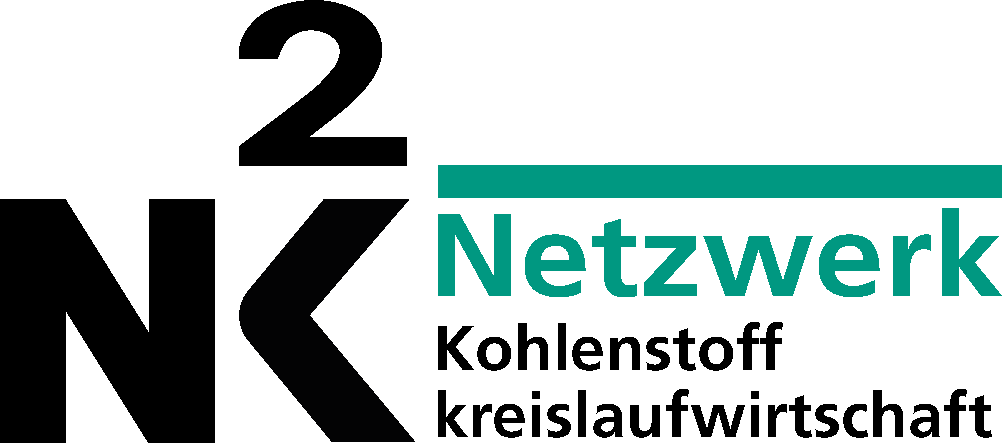NK2 Online Workshop: Plasma Technologies – Opportunities for Green Chemistry
Plasma Technologies could offer promising opportunities for green chemistry to support the transition towards a sustainable hydrogen and circular carbon economy. Following the invitation by the Network for a Circular Carbon Economy NK2, 118 international participants came together in an online workshop to learn about the latest developments in the field of thermal and alternative plasma technologies, and its potential contribution to climate protection and a sustainable chemical industry.
During the online workshop, 11 international presenters from leading technology developers/providers and research organizations of plasma technologies presented the key characteristics, processes and application possibilities of their plasma technologies, as well as an overview of their international project developments. Numerous presenters highlighted the potential of plasma technology for the conversion of different types of waste into “green” hydrogen. The online event was moderated by Prof. Bernd Meyer, scientific director of the NK2 network, as well as Dr. Martin Gräbner from Air Liquide, one of the NK2 network founding members. Throughout the event, participants were actively engaged in a lively discussion with the presenters via the online chat and during the joint discussion following each session. A live survey of participants’ opinions at the end of the workshop also enabled insights into where the perceived opportunities, development directions and obstacles for large-scale implementation of plasma technologies lie.
The workshop was organized by the NK2 network in cooperation with the Leibniz Institute for Plasma Science and Technology (INP Greiswald). The NK2 network was initiated by the Fraunhofer Institute for Microstructure of Materials and Systems IMWS in Halle (Saale) and the Institute of Energy Process Engineering and Chemical Engineering IEC at the TU Bergakademie Freiberg in January 2019. Innovative technologies for the conversion of solid carbon resources, chemical recycling as well as the integration of “green” hydrogen and renewable power are key focuses of the network activities.
 Fraunhofer IMWS
Fraunhofer IMWS